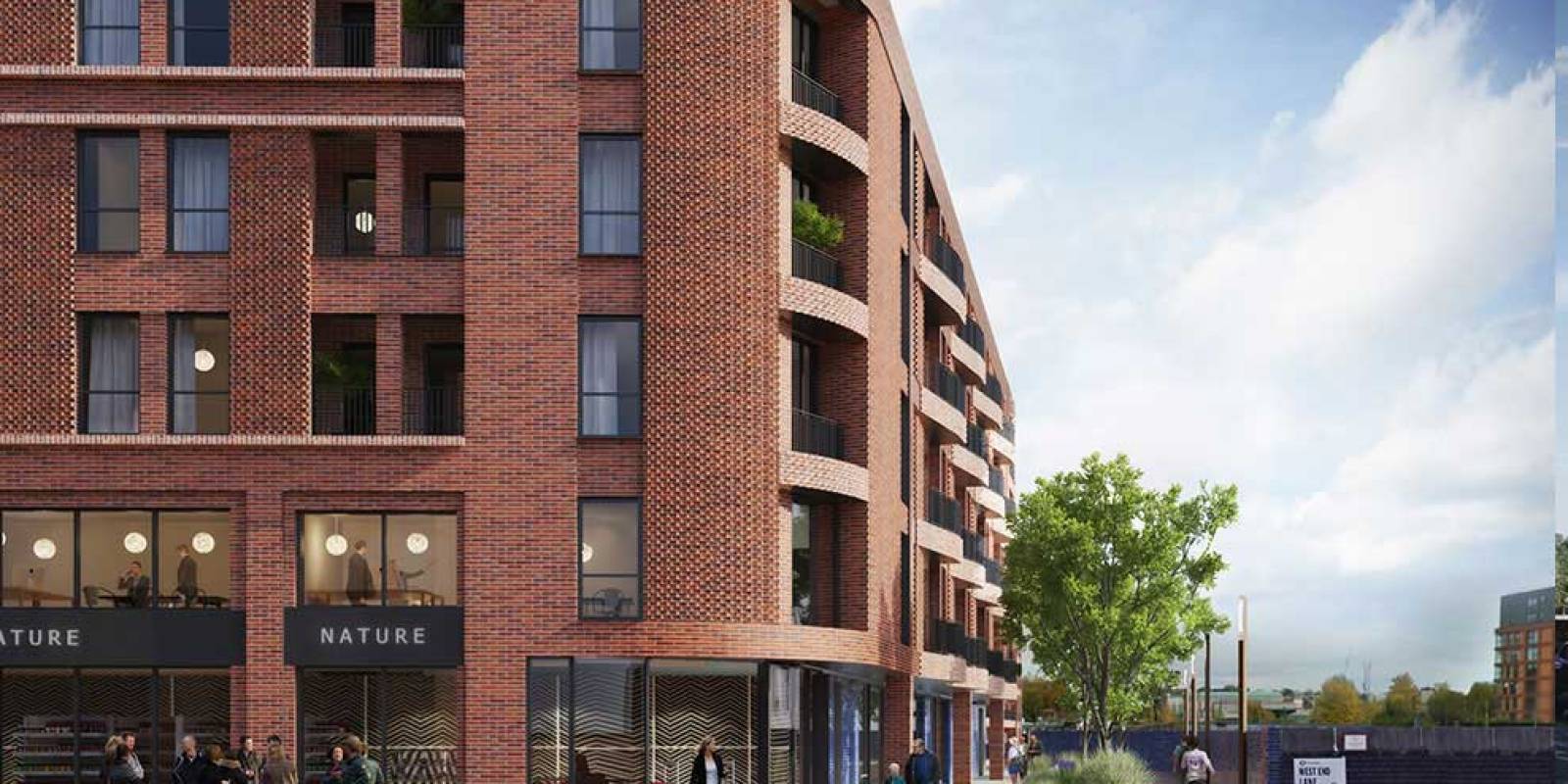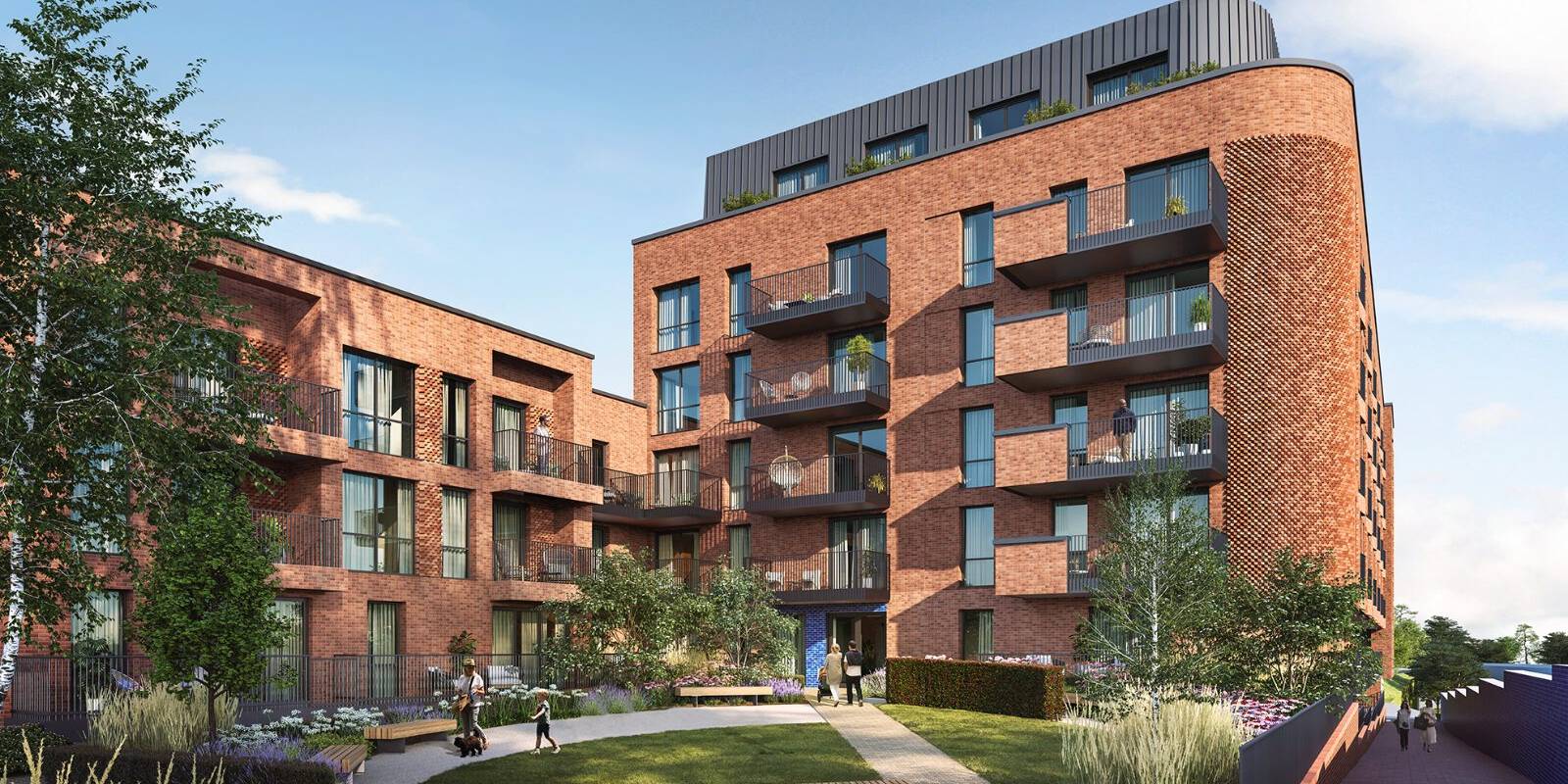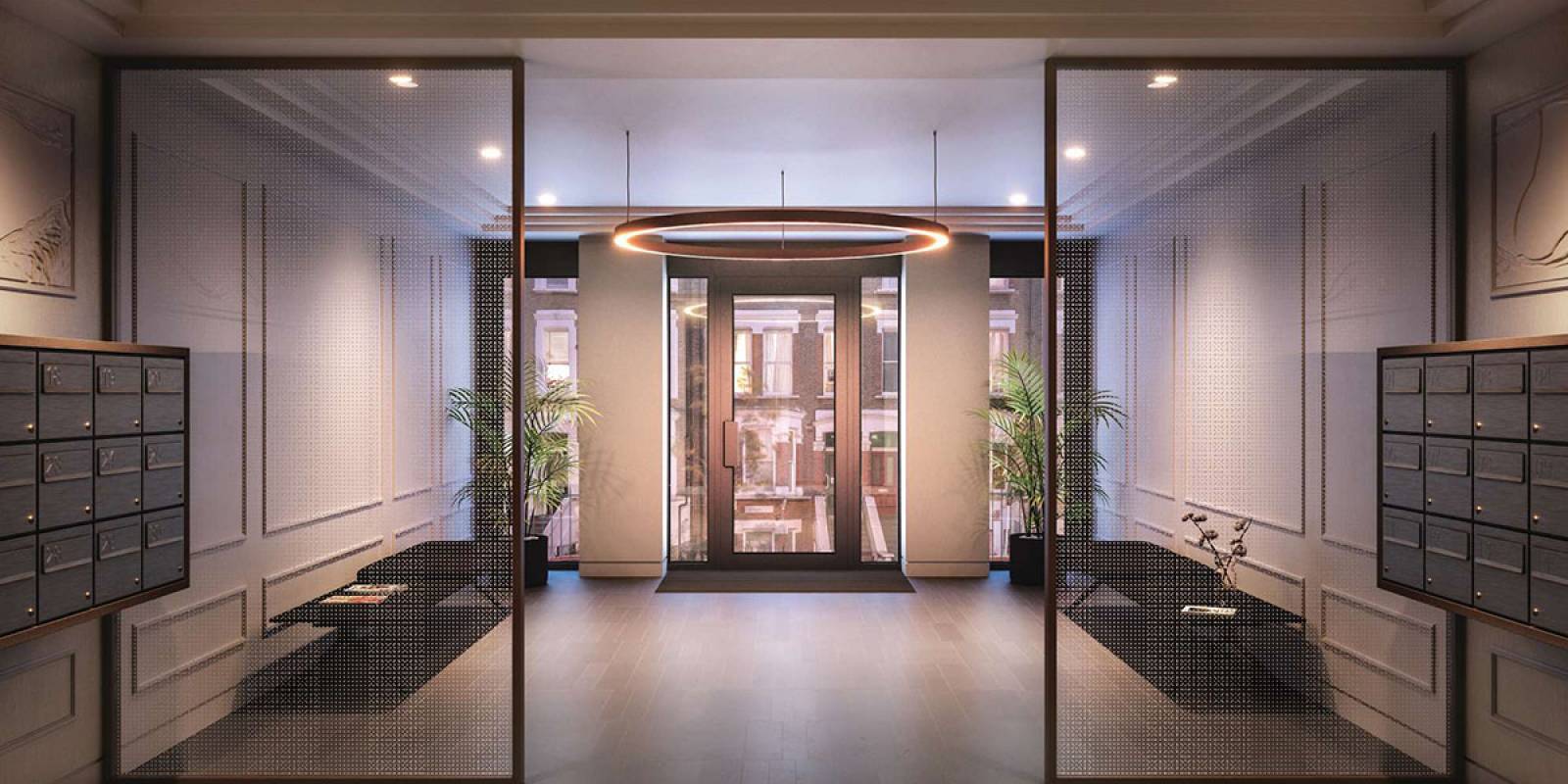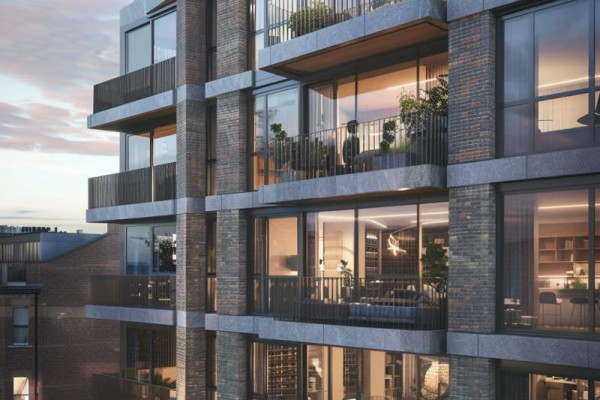
Navigating London's Steady Real Estate Market: Buyer and Seller Dynamics
In the ever-evolving landscape of London's real estate market, understanding current trends is crucial for both potential homebuyers and sellers. Despite a slight increase in property prices, the market's stability raises questions about who holds the advantage.

With the average price of a home significantly surpassing the national average and economic pressures tightening budgets, this article delves into the dynamics between buyers and sellers, offering key insights into the opportunities and challenges faced in today's market.
Period of Stability
London's real estate market is currently experiencing a period of stability, with a minimal increase of 0.1 percent in house prices over the past year, as noted by the latest Halifax House Price Index. This has sparked a debate among real estate professionals regarding whether the market favours buyers or sellers.
Presently, the average house price in London stands at £539,336, a figure significantly higher than the UK's national average of £288,949. This disparity is notable, especially considering the rising mortgage costs and the ongoing cost-of-living crisis, which are squeezing buyers' budgets more than ever.

Real estate analysts observe that only properties priced realistically are attracting buyers. This fluctuation in house prices reflects a mixed seller approach, with some being more accommodating than others. Buyers might find opportunities to negotiate more aggressively under these conditions.
Buyers' Confidence
Real estate observers mention that despite a recent slowdown in market momentum, buyer confidence remains relatively strong. This scenario allows for potential negotiations on price, which might not be as firm as they appear. On average, properties in London have been selling for about £19,500 below the asking price. Conversely, another perspective highlights a shift in market dynamics.
There's been a noticeable increase in potential buyers in London, boosting sellers' confidence to list properties.
Despite this, the demand still surpasses the supply, giving sellers a considerable advantage in pricing negotiations.
Interest Rise
The market also sees a rise in interest from buyers who are particularly budget-conscious. High-quality properties are most sought after, partly due to the unpredictability of building costs and the challenges in securing construction services.
Properties that require extensive renovations are less attractive, mainly due to labour shortages, supply chain issues, and the increased cost of materials over the years. These factors make renovations financially unfeasible for most, except those willing to undertake much of the work themselves.

Additionally, entering the London housing market remains a formidable challenge for many, especially first-time buyers who often rely on financial help from family. The Building Societies Association reports that the average first-time buyer in London needs a deposit of £144,000, underlining the significant barriers to homeownership in the capital.




